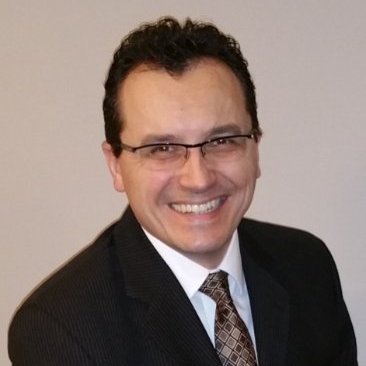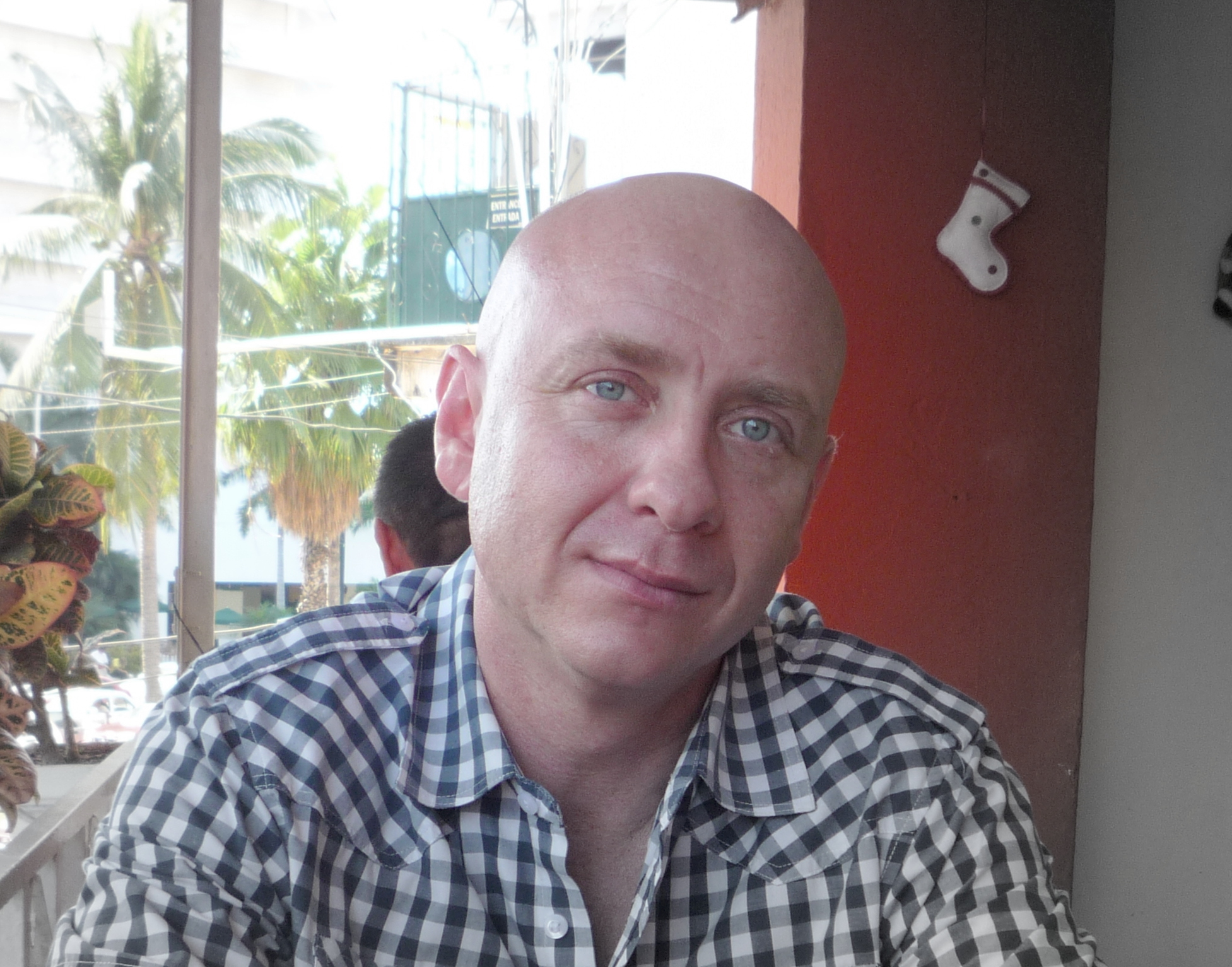
Categories: Building Operations and Maintenance
 When:
Starts May 08, 2023
When:
Starts May 08, 2023
 Duration:
4 days, 9:00 am - 4:30 pm CDT
Duration:
4 days, 9:00 am - 4:30 pm CDT
 Registrations Closing:
Friday, May 5 at 12 pm CDT
Registrations Closing:
Friday, May 5 at 12 pm CDT
| Early bird fee | $1,735 |
|
Regular fee (After March 13, 2023) |
$1,835 |
| Continuing Education Units (CEU) | 2.3 |
| CSEP points | 4 + 2 (with certification) |
On a day-to-day basis, buildings of various uses and sizes are run and maintained by building operators and managers, who look to ensure that issues are resolved, and tenant satisfaction remains high. Whether in a commercial, institutional, or industrial facility, Building Operators are typically the ones that ensure that a building's heating, cooling, mechanical and electrical equipment is running effectively. Building Operators are also commonly responsible for preparing a facility for seasonal changes, performing repairs and maintenance checks, ensuring things are up to code, and being vigilant of safety hazards. Although a Building Operator may have a diploma or certification, CIET’s Certified Sustainability Building Operator designation has been created to give both new and established Building Operators and Managers who have limited knowledge of the impact of building mechanical and electrical systems on energy use, operational costs, and on GHG emissions.
This 5-day certification program offers participants a holistic view of sustainable building operations. Through the CSBO program, participants will have the opportunity to improve their technical expertise, job skills, and awareness of core areas including HVAC systems, controls, electrical and mechanical systems, building energy performance, O&M best practices, GHG emission-reduction strategies, the incorporation of smart technologies and more. By completing and passing the end-of-course exam, this training will also give participants the opportunity to earn an impactful designation that certifies their understanding of a sustainable approach to Building Operations.
Building Operations teams that have been exposed to CIET training have reported significant operational savings, improved tenant satisfaction, reductions in GHG emissions, and better transfer of skills and knowledge from more senior building operators to other colleagues. Moreover, the CSBO program is a great way to ensure that important technical and sustainable O&M concepts are embedded and re-enforced within the building operations team. The program also serves to ensure that energy and GHG retrofit, and management project successes will continue to be supported by staff, as opposed to fade over time.
|

CIET Virtual Real-Time Classroom training
This training will be offered virtually through Microsoft Teams. Upon enrollment, you will receive the information you will need to enjoy a great training experience.
CIET’s Pan-Canadian Virtual Course Schedule
| Other time zones | ||||||
1. Fundamentals of HVAC Systems & Controls
2. Facility Electrical systems
3. Measuring and benchmarking energy performance
4. Types of tools used: Portfolio manager and RETScreen Expert
5. Operational strategies to encourage energy efficiency
6. Common opportunities for low-cost operational improvements
7. GHG emissions and net-zero strategies for buildings
8. Smart Buildings & AI technologies

Dragos Paraschiv is a licensed professional engineer in the Province of Ontario and a Professor of Sustainable Energy and Building Technology at Humber College in Toronto, Canada. His experience in energy management includes design of commercial building electrical and mechanical systems, central plant retrofit projects, as well as development of community energy management plans and pilot projects. Dragos has gained experience in all aspects of energy related projects, including auditing, design, performance measurement and verification, contract administration and project management. Dragos has a Bachelor degree in Electrical Engineering and a PhD in Power Engineering.

As a professor in the Building Environmental Systems program at Seneca College, Kyle’s specialties are sustainable energy technologies, heating, cooling and electrical systems for buildings. Prior to being a professor, Kyle dedicated his career to the development of renewable fuels and sustainable technology development. His career highlights include the design of fuel cell systems, photovoltaic power management, alternative fuels production, boiler systems, combustion systems, cooling applications, and power electronics. His experience is a unique combination of engineering design, prototype development, laboratory testing and hands on field service work.
The EBCx certification does not require any education or experience. On the other hand, if you wish to become an accredited EBCx agent by Energy Transition Québec, you will have to meet certain requirements, including having passed the EBCx exam administered by CIET.
Any organization wishing to carry out a EBCx project and wishing to obtain a grant from the Quebec Ministry of Energy and Natural Resources must do business only with an agent accredited in the overhaul of building mechanical systems. These officers must have completed the Natural Resources Canada advanced building refurbishment course offered by CIET, or the Certified Building Commissioning Professional (CBCP).
Energir requires that the project be carried out by an agent accredited in the development of mechanical systems for buildings by the MERN, in particular having obtained EBCx certification, as part of its program for the rehabilitation of mechanical systems in buildings.
For more information on the EBCx Agent Certification process, please visit the Remise au point des sytèmes mécaniques de bâtiments page at Transition énergétique Québec.
Access to a private SharePoint website with additional training material, references, and links.
Send us an email and we will respond as soon as possible.

This is to inform you that the course date is too close to be able to ship hard copies of the material to you on time. If you are willing to use the material in secured PDF, receive the material later (likely after the course) and pay upon registration, please click OK to continue the registration process. Please note that the shipping process will start only when the course fees are paid in full and delays are to be expected. Many thanks!